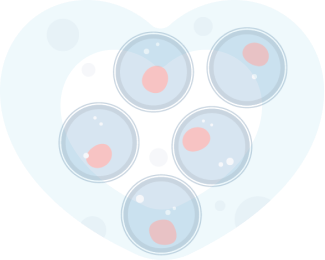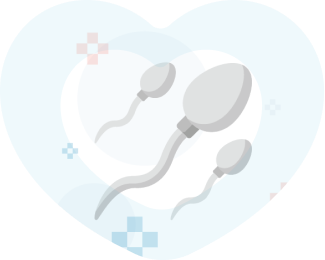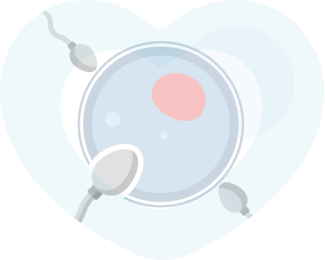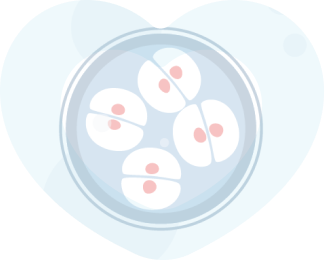While there are many other treatment options available, IVF success rates are much higher than other fertility treatment options and may shorten the time to a successful pregnancy.

Hormone injections are given to stimulate multiple eggs. Daily gonadotropin injections are given to stimulate the development of the eggs. These are usually given subcutaneously (under the skin). A Fertility Doctor then monitors the progress of ovulation induction with ultrasounds and blood levels when applicable.
An egg retrieval is performed by placing a special needle into the ovarian follicle and removing the fluid that contains the egg. This procedure is performed by visualizing the follicles with a vaginal ultrasound probe. To avoid any discomfort sedation is recommended.


Eggs are identified by an expert and experienced embryologist and placed into an incubator. The eggs are fertilized with sperm the same day by conventional insemination or by Intracytoplasmic Sperm Injection (ICSI). The eggs will be checked on a daily basis to document fertilization and growth. We have the ability to grow the embryos for five or six days until they reach the blastocyst stage. For some patients these blastocysts may have a greater chance of implantation and increase the chance of pregnancy. Any embryos that are not transferred can be cryopreserved for future use.
The embryo/embryos chosen for transfer are placed through the cervix into the uterine cavity using a small, soft catheter. This procedure usually requires no anesthesia. Embryos may be transferred on day 3, 5, or 6 after egg retrieval. In addition, in some cases a Fertility Doctor might recommend to cryopreserve the embryos and have a Frozen Embryo Transfer instead.

There are several factors that may lead a Fertility Doctor to recommend an IVF treatment, including:
A woman’s ovarian function is diminished with age. In many cases, this reduced function can be overcome through the use of IVF.
IVF with Preimplantation genetic testing may be recommended when there is a possibility, indicated by your medical history or advanced maternal age, that your embryos could be affected by a genetic disease.
The only options for treating significant tubal damage are surgical repair or by the use of IVF which bypasses the fallopian tubes.
Approximately 30% of infertility is related to male factor problems such as structural abnormalities, sperm production disorders, ejaculatory disturbances and immunologic disorders.
Endometriosis can be effectively treated with a combination of surgical and medical therapies. IVF is also effective as a second line of treatment if initial treatment is unsuccessful.
Approximately 20% of couples will have no identifiable cause of infertility after completing a comprehensive evaluation. IVF is often successful in these cases.
A woman’s ovarian function is diminished with age. In many cases, this reduced function can be overcome through the use of IVF.
The only options for treating significant tubal damage are surgical repair or by the use of IVF which bypasses the fallopian tubes.
Endometriosis can be effectively treated with a combination of surgical and medical therapies. IVF is also effective as a second line of treatment if initial treatment is unsuccessful.
IVF with Preimplantation genetic testing may be recommended when there is a possibility, indicated by your medical history or advanced maternal age, that your embryos could be affected by a genetic disease.
Approximately 30% of infertility is related to male factor problems such as structural abnormalities, sperm production disorders, ejaculatory disturbances and immunologic disorders.
Approximately 20% of couples will have no identifiable cause of infertility after completing a comprehensive evaluation. IVF is often successful in these cases.




Discover Personalized Fertility Solutions. Schedule your consultation now and take the first step towards the future you want to build.

Find Quick Answers in our Frequently Asked Questions!
Eliminate doubts, gain confidence and Start Your Journey to Parenthood.
Whether you’re having trouble getting pregnant, want to optimize your chances for a future pregnancy, or need a donor and/or surrogate to help you build a family, we have a solution.
© 2024 CARE Fertility. All Rights Reserved.